Search Definitions
Browse Content (p. 259)
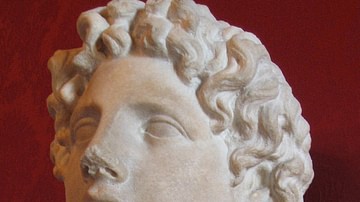
Definition
Alcibiades
Alcibiades (or Alkibiades) was a gifted and flamboyant Athenian statesman and general whose shifting of sides during the Peloponnesian War in the 5th century BCE earned him a reputation for cunning and treachery. Good-looking and rich, he...
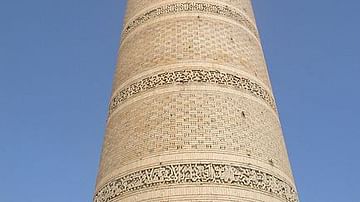
Definition
Minaret
A minaret is a feature of Islamic architecture and is the place from where the call to prayer is sent out. They are also known as a manār or manāra in Arabic, meaning place of fire or light (nar or nur). According to scholars, the expression...
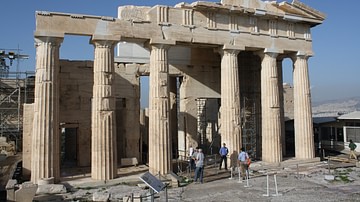
Definition
Propylaea
Propylaea is the name given to monumental gates or entranceways to a specific space, usually to a temple or religious complex and as such they acted as a symbolic partition between the secular and religious parts of a city. Less complex examples...
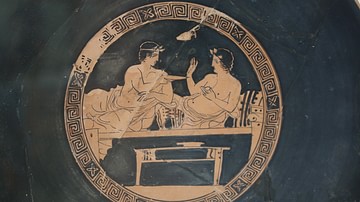
Definition
Symposium - The Drinking Party of Ancient Greece
The symposium (or symposion) was an important part of ancient Greek culture from the 7th century BCE and was a party held in a private home where Greek males gathered to drink, eat and sing together. Various topics were also discussed such...
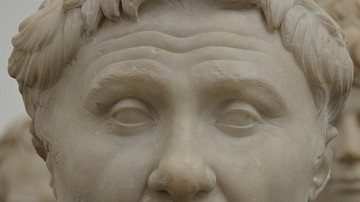
Definition
Pompey
Gnaeus Pompeius Magnus, also known as Pompey or Pompey the Great, was a military leader and politician during the fall of the Roman Republic. He was born in 106 BCE and died on 28th September 48 BCE. His father was Gnaeus Pompeius Strabo...
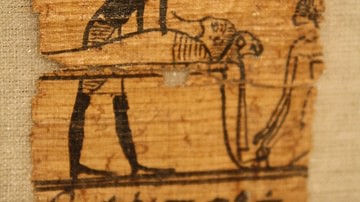
Definition
Ancient Egyptian Burial
Egyptian burial is the common term for the ancient Egyptian funerary rituals concerning death and the soul's journey to the afterlife. Eternity, according to scholar Margaret Bunson, “was the common destination of each man, woman and child...
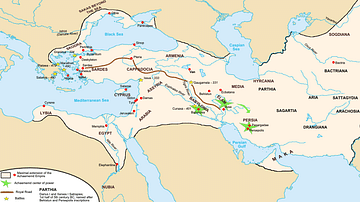
Definition
Aria
Aria (or Areia) was always understood to be the area around the Areios River, today Hari Rud in Afghanistan (Arrian, Anabasis IV.6.6). It was bounded to the north by Margiana and Bactria, where the area of the Margos River begins; to the...

Definition
Ancient Egyptian Mythology
Egyptian mythology was the belief structure and underlying form of ancient Egyptian culture from at least c. 4000 BCE (as evidenced by burial practices and tomb paintings) to 30 BCE with the death of Cleopatra VII, the last ruler of the Ptolemaic...

Definition
Cicero
Marcus Tullius Cicero was a Roman orator, statesman, and writer. He was born on 3 January 106 BCE at either Arpinum or Sora, 70 miles south-east of Rome, in the Volscian mountains. His father was an affluent eques, and the family was distantly...

Definition
Antonine Wall
The Antonine Wall was the north-west frontier of the Roman Empire. Located in central Scotland, north of Edinburgh and Glasgow, the Wall was a linear barrier that stretched from the Firth of Forth near Bo'ness to the Clyde estuary at Old...